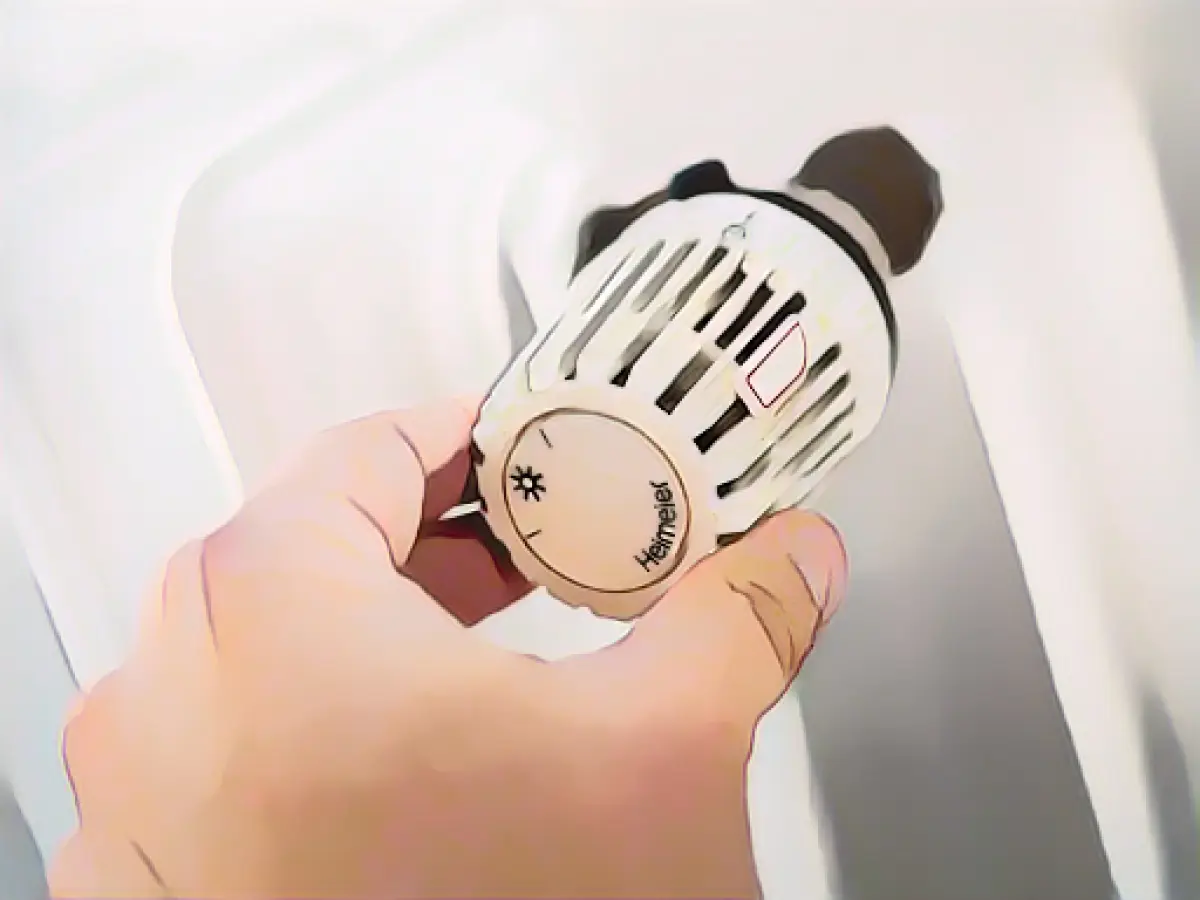Heating Systems in MV: The Old Guard Persists
A whopping 40% of heating systems in Mecklenburg-Vorpommern (MV) are over two decades old, according to a study by the German Association of Energy and Water Industries (BDEW). Compared to the country's national average of one-third, MV lags far behind in modernizing its heating systems.
Despite the slow pace of change in the heating market due to long replacement cycles, the future trend is clear: gas and oil are on the decline, while heat pumps and district heating are on the rise. Old and inefficient heating systems pose a significant challenge to reducing greenhouse gas emissions in the building sector, which accounts for approximately 30% of German CO2 emissions.
On average, heating systems in MV are 15.7 years old, with a slight increase from 2019 and a 1.8-year gap compared to the national average. There are significant differences between various heating technologies in MV. Oil heating systems are the oldest, averaging 21.2 years, while gas central heating systems are relatively recent at 12.4 years.
Mecklenburg-Western Pomerania stands out for its reliance on district heating (38%) and gas heating systems (31.8%), making it less dependent on oil heating than the national average.
Modernization Initiatives
To modernize outdated heating systems and reduce greenhouse gas emissions, both Mecklenburg-Vorpommern and Germany as a whole are implementing several measures.
- Renewable Energy Requirements: Germany's Gebäudeenergiegesetz (Building Energy Law) mandates the use of renewable energies for heating and cooling in buildings. The law was amended in 2023 to reduce energy consumption, and further amendments in 2024 require new heating systems to generate at least 65% of their heat from renewable resources.
- Heat Pump Promotion: Federal subsidies for energy-efficient construction, such as the "Bundesförderung für effiziente Gebäude" program, are driving the adoption of heat pumps.
- Energy Performance Certificates (EPC): EPC classifications will reflect buildings' relative energy efficiency, aiming to improve building energy efficiency and reduce greenhouse gas emissions.
- Phase-Out of Fossil Fuel-Reliant Boilers: The EU Directive encourages the transition to more energy-efficient heating solutions, like heat pumps.
- District Heating Systems: Projects like the HoSt Energy Systems contract in Chemnitz aim to increase the renewable heat proportion in districts, setting a benchmark for sustainable district heating systems.
- Emissions Trading Systems (ETS): Germany has adopted new EU regulations, including ETS 2, which will cover the transport and building sectors starting in 2027.
These initiatives aim to modernize outdated heating systems, increase the use of renewable energy, and reduce greenhouse gas emissions in the building sector across Germany. The numbers show that consumers in MV are still heavily relying on older, less energy-efficient systems, but the future is looking greener.








